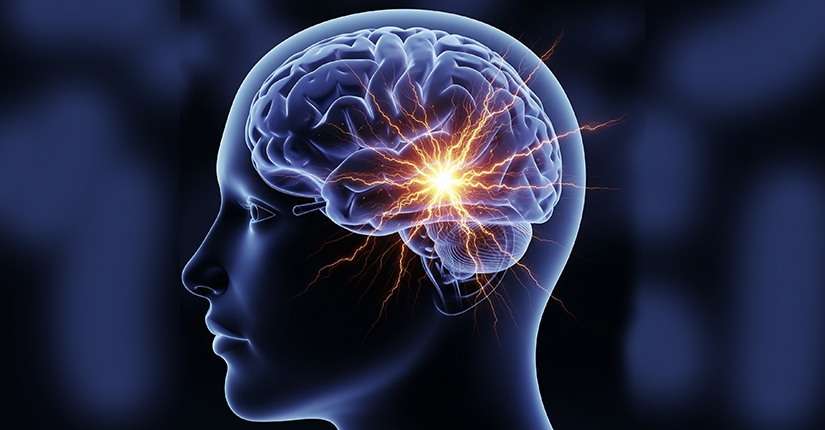- Clinic:
- 0733 945 717
- 0739 434 212

If you are well, stay away from hospitals
August 15, 2025Keep your reproductive health intact this Xmas
August 22, 2025What is epilepsy?

Few experiences match the drama of a convulsive seizure. A person having a severe seizure may cry out, fall to the floor unconscious, twitch or move uncontrollably, drool, or even lose bladder control.Within minutes, the attack is over, and the person regains consciousness but is exhausted and dazed. This is the image most people have when they hear the word epilepsy.
However, this type of seizure -- a generalized tonic-clonic seizure -- is only one kind of epilepsy. There are many other kinds, each with a different set of symptoms.Epilepsy was one of the first brain disorders to be described. It was mentioned in ancient Babylon more than 3,000 years ago. The strange behavior caused by some seizures has contributed through the ages to many superstitions and prejudices. The word epilepsy is derived from the Greek word for "attack." People once thought that those with epilepsy were being visited by demons or gods. However, in 400 B.C., the early physician Hippocrates suggested that epilepsy was a disorder of the brain -- and we now know that he was right.
Epilepsy is a common condition that causes repeated seizures. The seizures are caused by bursts of electrical activity in the brain that are not normal. Seizures may cause problems with muscle control, movement, speech, vision, or awareness. They usually don't last very long, but they can be scary. The good news is that treatment usually works to control and reduce seizures.Epilepsy is not a type of mental illness or intellectual disability. It generally does not affect how well you think or learn. You can't catch epilepsy from someone else (like a cold), and they can't catch it from you.
What causes epilepsy?
Often doctors do not know what causes epilepsy. Less than half of people with epilepsy know why they have it.Sometimes another problem, such as a head injury, brain tumor, brain infection, or stroke, causes epilepsy.Research suggests that genetic abnormalities may be some of the most important factors contributing to epilepsy. Some types of epilepsy have been traced to an abnormality in a specific gene. Many other types of epilepsy tend to run in families, which suggests that genes influence epilepsy.
What are the symptoms?
The main symptom of epilepsy is repeated seizures that happen without warning. Without treatment, seizures may continue and even become worse and more frequent over time.
There are different kinds of seizures. You may have only one type of seizure. Some people have more than one type. Depending on what kind of seizure you have:Not everyone who has seizures has epilepsy. Sometimes seizures happen because of an injury, illness, or another problem. In these cases, the seizures stop when that problem improves or goes away.
How is epilepsy diagnosed?
Diagnosing epilepsy can be hard. If you think that you or your child has had a seizure, your doctor will first try to figure out if it was a seizure or something else with similar symptoms. For example, a muscle tic or a migraine headache may look or feel like a kind of seizure.Your doctor will ask lots of questions. He or she will want to know what happened to you just before, during, and right after a seizure. Your doctor will also examine you and do some tests, such as an EEG. This information can help your doctor decide what kind of seizures you have and if you have epilepsy.
Can Epilepsy Be Prevented?
Many cases of epilepsy can be prevented by wearing seatbelts and bicycle helmets, putting children in car seats, and other measures that prevent head injury and other trauma. Prescribing medication after first or second seizures or febrile seizures also may help prevent epilepsy in some cases. Good prenatal care, including treatment of high blood pressure and infections during pregnancy, can prevent brain damage in the developing baby that may lead to epilepsy and other neurological problems later.
How is it treated?
Medicine controls seizures in many people who have epilepsy. It may take time and careful, controlled changes by you and your doctor to find the right combination, schedule, and dosing of medicine to best manage your epilepsy. The goal is to prevent seizures and cause as few side effects as possible. After you find a medicine that works for you, take it exactly as prescribed. The best way to prevent more seizures is to keep the right amount of the medicine in your body. To do that, you need to take the medicine in the right dose and at the right times every day.
Ask a doctor, Book an appointment or Find an Ob-Gyn near you.Take a fertility test today
